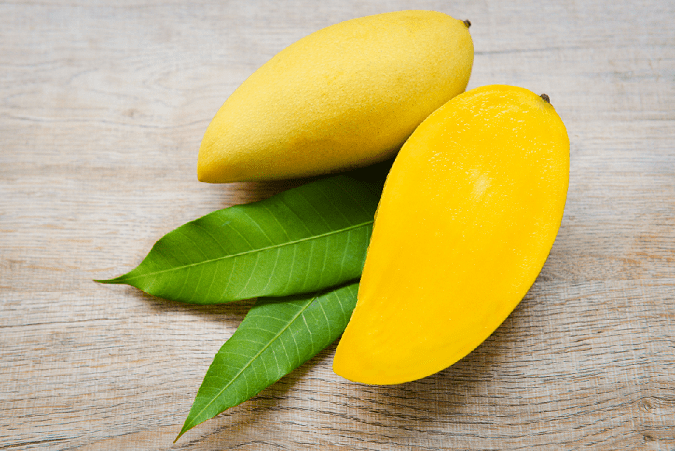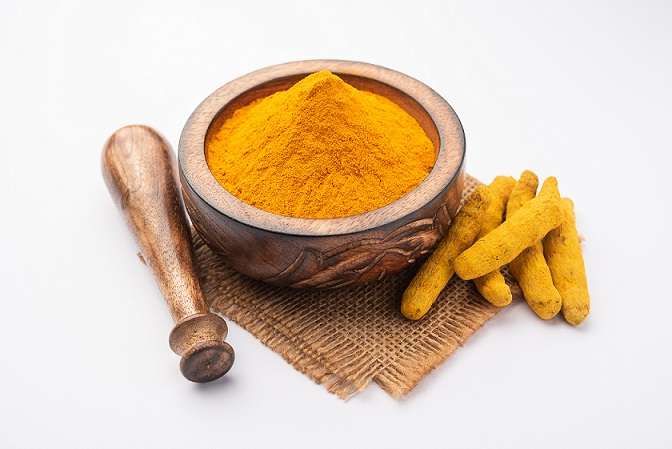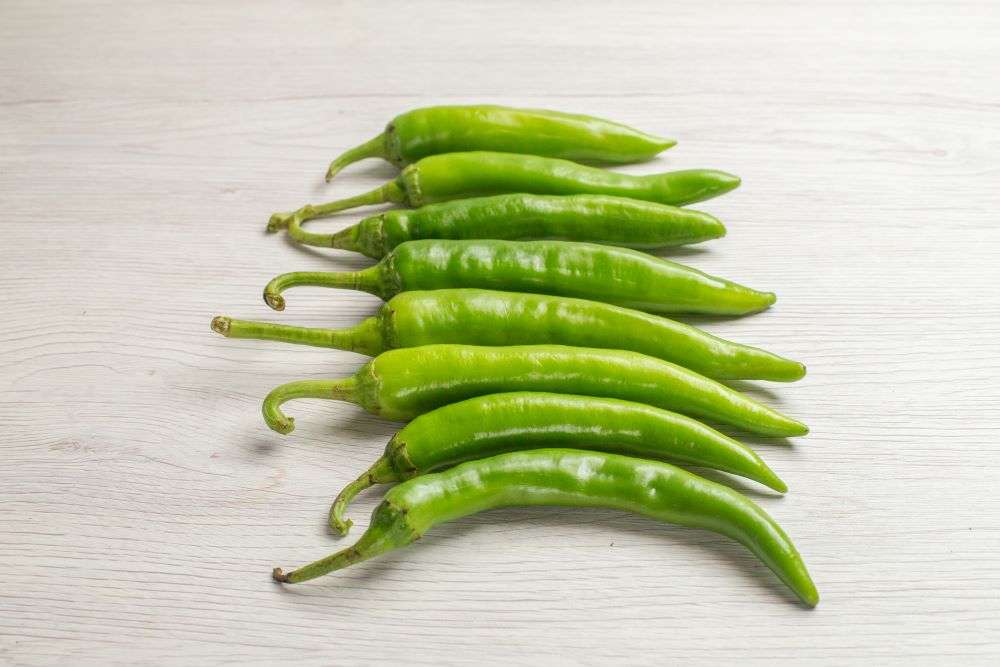India is not just a land of diversity but also a treasure trove of unique agricultural produce. Among its many bounties, mangoes hold a special place, widely celebrated as the “King of Fruits.” With over 1,500 varieties grown across the country, India’s mango export industry is thriving, catering to global markets and making a significant contribution to the nation’s economy.
The Allure of Indian Mangoes
India’s mangoes are distinct in flavor, aroma, and texture, making them a sought-after commodity worldwide. Popular varieties like Alphonso, Kesar, Dasheri, and Langra are known for their unparalleled quality. Their vibrant colors and juicy taste create an irresistible appeal among consumers in countries like the United States, United Kingdom, United Arab Emirates, and more.
Export Hubs: Mango-Belt States
States like Maharashtra, Uttar Pradesh, Gujarat, and Karnataka are pivotal to India’s mango cultivation and export. Each region has unique climatic conditions conducive to growing different varieties of mangoes. For instance, Alphonso mangoes are primarily grown in Maharashtra’s Ratnagiri and Devgad regions, while Dasheri mangoes flourish in Uttar Pradesh.
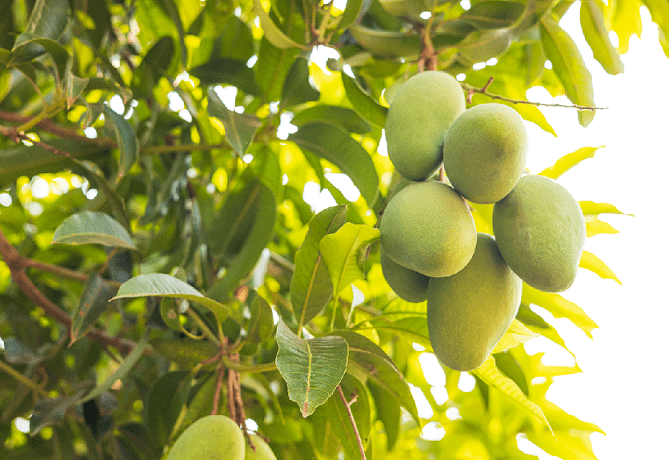
Innovations in Mango Export
To meet international standards and enhance the export quality, Indian farmers and exporters are adopting advanced techniques. Controlled Atmosphere (CA) storage facilities are increasingly being used to extend shelf life and maintain freshness during transportation. Irradiation techniques have been implemented to address phytosanitary concerns, ensuring compliance with stringent regulations in importing countries.
Processing and Value Addition

Indian mangoes are not only exported as fresh fruit but also in processed forms like pulp, pickles, jams, and dried mango slices. The value addition industry has opened new doors for mango exports, providing diverse options to international markets and boosting profitability for Indian farmers and exporters.
Overcoming Challenges
While the mango export sector is flourishing, it faces certain challenges. Climatic fluctuations, especially irregular monsoons, can impact production. Additionally, maintaining quality standards and meeting phytosanitary requirements imposed by importing countries remain significant hurdles. Efforts to promote eco-friendly farming and quality certification systems are steadily addressing these issues.
Strengthening Global Relations
India’s mango exports have played an essential role in strengthening trade relations with other countries. Diplomatic initiatives, such as the Mango Diplomacy programs, have showcased Indian mangoes at international events, building goodwill and expanding market reach.
– The Economic Time
Exploring New Markets
Traditionally exported to Western and Gulf countries, Indian mangoes are now making inroads into newer markets in East Asia and Oceania. Countries like Japan, South Korea, and Australia have shown increased interest in Indian mangoes, further widening the industry’s horizons.
Promotion and Branding
Innovative marketing strategies, including online platforms and fairs, are being used to promote Indian mangoes globally. E-commerce portals are facilitating direct sales to overseas consumers, ensuring freshness and reducing the need for intermediaries. The “Brand India” campaign also adds value, emphasizing the unique qualities of Indian mangoes.
Impact on Farmers
Mango exports have positively impacted the lives of farmers, especially small-scale growers. Export opportunities have provided them with access to better markets and competitive pricing. Initiatives like cooperative farming and government subsidies have played a significant role in empowering farmers and boosting production.
Role of the Government
The Indian government has been instrumental in supporting mango exports through policies, infrastructure development, and incentives. Organizations like the Agricultural and Processed Food Products Export Development Authority (APEDA) guide exporters and ensure that Indian mangoes meet international benchmarks.
Sustainability in Mango Export
To address environmental concerns, many farmers and exporters are adopting sustainable practices such as organic farming and reducing the use of chemical pesticides. These efforts not only cater to eco-conscious global consumers but also ensure long-term growth for the mango export industry.
Mango Export Industry
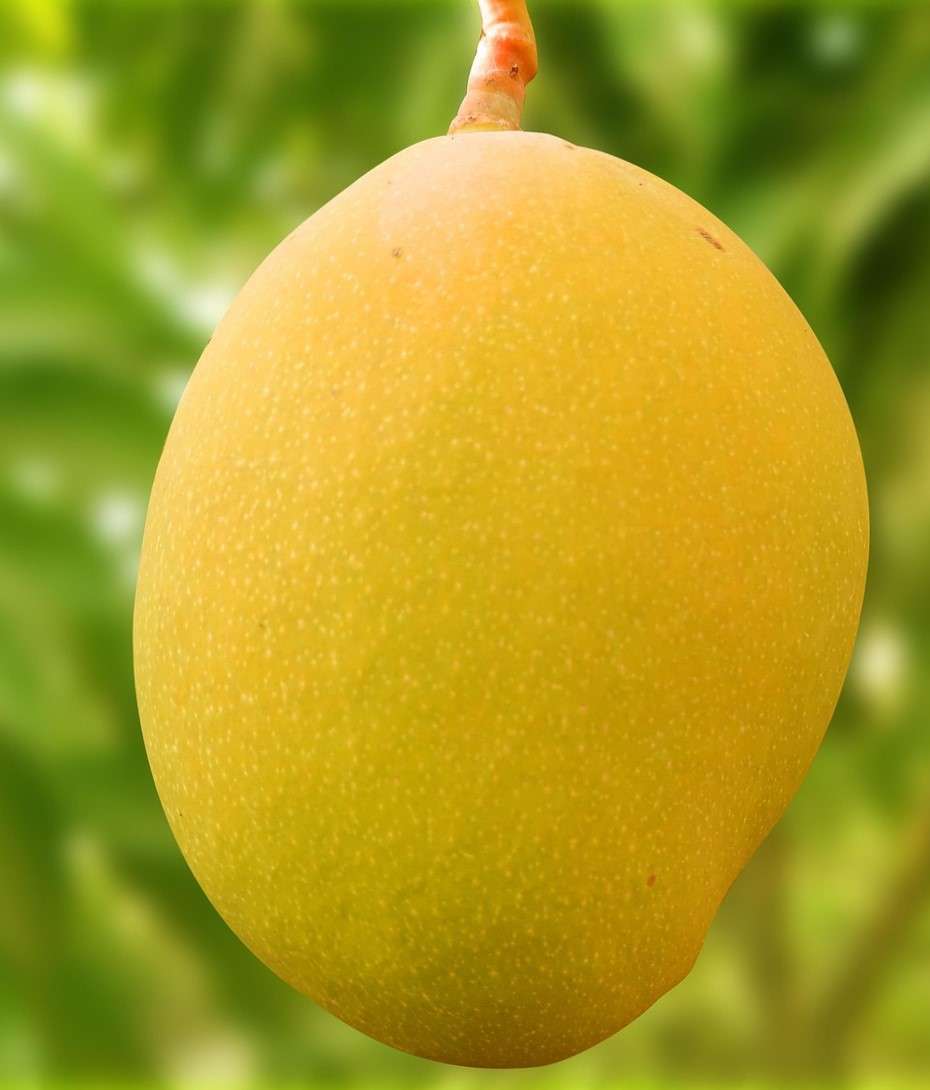
Gujarat’s iconic Kesar mangoes have made a significant impact on the global stage, with exports reaching an impressive 689.5 metric tonnes in 2023-24. Known for their saffron-colored pulp and rich sweetness, these mangoes are highly sought after in international markets. The state of Gujarat continues to solidify its position as a key player in India’s mango export industry.
– Free Press Journal
Indo Foods Export: Mangoes Worldwide
Indo Foods Export began its mango export journey by introducing Indian varieties like Alphonso, Kesar, Dasheri, and Langra to international markets such as the United States, United Kingdom, and Gulf countries. Our efforts extend beyond fresh mangoes to processed products like mango pulp, juices, and jams, ensuring Indian mangoes reach a diverse range of consumers worldwide.
Looking Ahead
The future of mango exports from India looks promising. With technological advancements, expanding global demand, and a focus on quality and sustainability, the industry is set to scale new heights. Continued efforts to explore untapped markets and strengthen trade relations will further elevate India’s position as a leading exporter of mangoes.
Mangoes are an integral part of India’s economy and agricultural heritage. With growing global demand and innovative practices, the mango export industry has immense potential to shape India’s prosperity while sharing the unparalleled taste of Indian mangoes worldwide.

